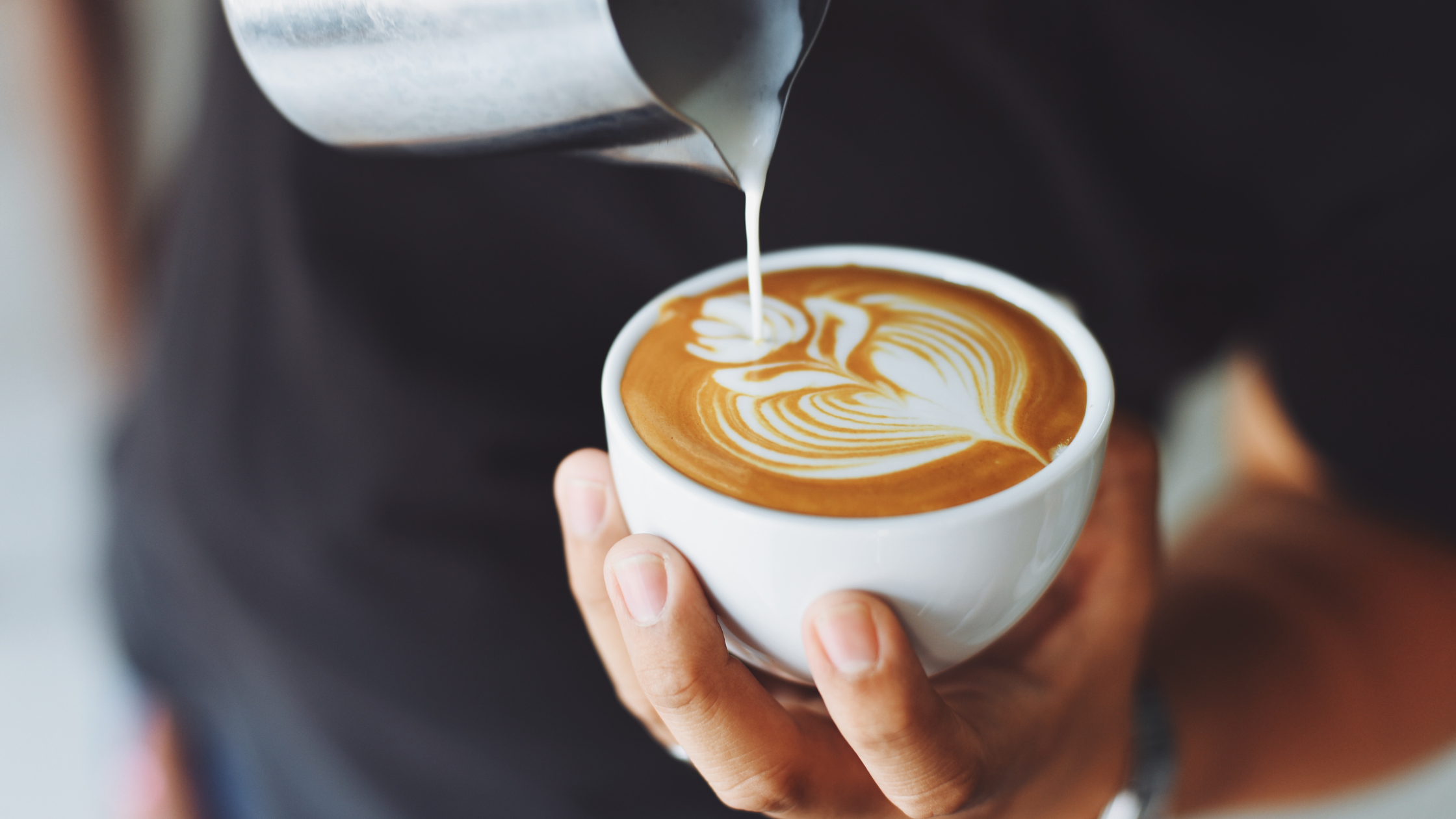
Coffee is undoubtedly one of the most popular beverages around the world. Known for its ability to boost alertness and energy levels, it has become a morning ritual for many. However, there's an intriguing paradox associated with coffee—despite its reputation as a stimulant, it can sometimes leave us feeling tired and sluggish. In this blog post, we'll explore the factors that contribute to this phenomenon and shed light on why coffee can occasionally have a paradoxical effect of making you tired.
Adenosine and Sleep-Wake Cycle
To understand why coffee can make you tired, it's crucial to grasp the role of adenosine. Adenosine is a neurotransmitter that accumulates in the brain throughout the day and promotes sleepiness. Caffeine, the active ingredient in coffee, acts as an adenosine receptor antagonist, blocking adenosine's sleep-inducing effects. Consequently, this inhibits drowsiness and enhances wakefulness.
The Caffeine Crash
While coffee's initial impact can be energizing, it's important to acknowledge that caffeine has a half-life of around 5 to 6 hours. As the caffeine is metabolized and eliminated from your system, you may experience a sudden drop in energy levels—also known as the "caffeine crash." This crash can leave you feeling fatigued and in need of another caffeine boost.
Disrupted Sleep Patterns
Consuming coffee too close to bedtime can significantly impact your sleep quality. Caffeine's stimulating effects can interfere with your natural sleep-wake cycle, making it more difficult to fall asleep and get restorative sleep. Even if you manage to fall asleep, the overall quality of your sleep may be compromised, leaving you feeling groggy and tired the next day.
Dehydration and the Energy Drain
Coffee is a diuretic, meaning it increases urine production and can contribute to dehydration if consumed excessively. Dehydration, even at mild levels, can lead to fatigue and reduced cognitive function, ultimately leaving you feeling tired. It's crucial to balance your coffee intake with an adequate amount of water to mitigate this effect.
Individual Sensitivity and Genetics
It's worth noting that individuals vary in their sensitivity to caffeine due to genetic factors. Some people may metabolize caffeine more slowly, resulting in a longer-lasting effect and a higher likelihood of experiencing post-coffee fatigue. Moreover, certain medical conditions, such as adrenal fatigue or chronic fatigue syndrome, can amplify the tiredness caused by coffee.
Conclusion
While coffee is widely celebrated for its ability to increase alertness and provide an energy boost, it can also have the paradoxical effect of making you tired. The interaction between caffeine and adenosine, the caffeine crash, disrupted sleep patterns, dehydration, and individual sensitivity all contribute to this phenomenon. Understanding these factors can help you make informed decisions about your coffee consumption, ensuring that you strike a balance between reaping its benefits and avoiding the potential pitfalls of excessive consumption. So, enjoy your cup of coffee mindfully, and remember that moderation is key.
If you are struggling with staying awake, there may be an underlying cause at play. Please click the orange button below to take a free online test and talk with one of our sleep health experts.

